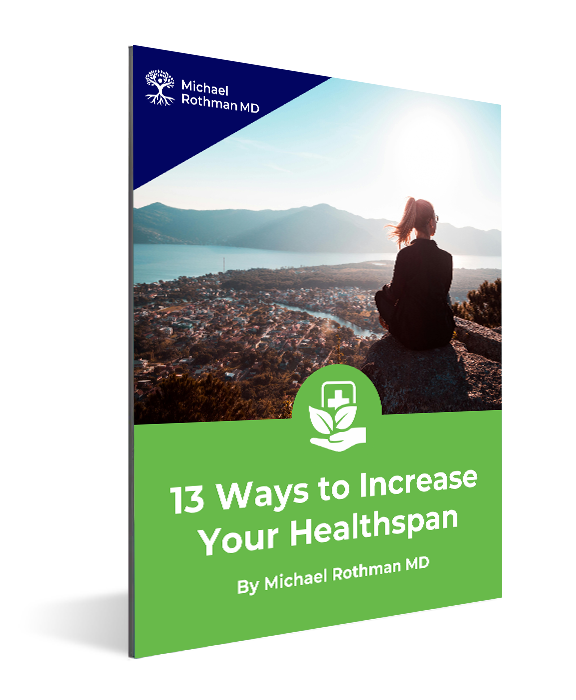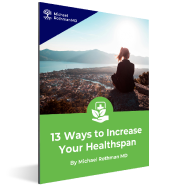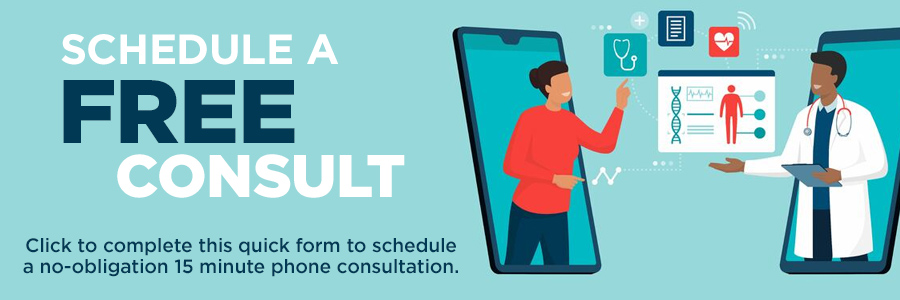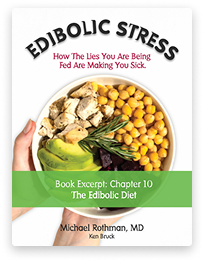“Health” foods are everywhere you look. You cannot walk down the aisle of your local supermarket without being bombarded with foods that sprout the terms “healthy”, “organic”, “all natural”, “smart”, “balanced”, “fortified” and various combinations of these terms. This begs the question, how much of this business is money making schemes rattling the average consumer? With the help of Dr. Michael Rothman, we’re busting marketing myths and providing information for our readers to make the most informed nutritional decisions.
What is Organic Food, Really?
The term “organic foods” as regulated by the United States Department of Agriculture refers to “the methods used to produce the foods, rather than the characteristic or quality of the food itself.” Organic foods are produced in a sustainable manner without the use of synthetic feeds, pesticides, insecticides and fertilizers. Organically raised livestock tend to be smaller and leaner, fruits and vegetables may be smaller as well.
What foods should I be eating organic?
As organic foods can be quite expensive, Dr. Rothman suggests understanding where “organic” matters most and purchase foods that will give you the most “bang for your buck.” Limiting yourself to organic dairy and meat products such as eggs, cheese, butter, ground beef, and chicken will ensure that you are reducing exposure to growth hormones and antibiotics, while staying within your budgets. Organic leafy green vegetables such as lettuce, spinach, and even broccoli are cost effective and will reduce consumption of insecticides. The bottom line is that organically produced products contain more vitamins and minerals than their commercially produced counterparts and have minimal toxic residues.
What organic products are considered a rip off?
Organic cookies, ice cream, sugar, crackers, desserts, and other items that sound too good to be true. The common denominator in these products is that these foods are bad for you regardless of the “organic” label. The best advice is to not waste your money on these items. Fruits that have skins like bananas and melons do not need to be organic and are an unnecessary cost.
Zero Calorie Sodas, the Metabolic Poison of Today
Entire books have been written about the dangers of Aspartame, Sucralose and other additives in zero calorie drinks. These sweet poisons contribute to inflammation, nerve degeneration, and other diseases. These products are constantly promoted to have no calories and therefore good for weight loss. What isn’t disclosed is that inflammatory effects of Aspartame and Sucralose will actually cause weight gain! If you are choosing an artificial sweetener, Dr. Rothman recommends stevia, a sweet, non-toxic herb.

Start your journey to true well-being:
Read the fine print!
While low carb items can be beneficial to a diet, beware of items that have replaced the carbs with artificial sweeteners. Artificial sweeteners can be dangerous and these toxic substances are better left circulating the shelves, not your body.
Protein bars, aka Expensive Candy Bars
Protein is an essential nutrient necessary to grow and build muscles. Protein bars are perceived as a quick sure-fire way to load up on additional protein. However, most consumers are not aware that these overhyped, overpriced convenience foods contain as much calories and sugar as most candy bars! For the average Joe going to the gym a few times a week for a light work out and some cardio, these protein bars are actually deterring your efforts! Save your money and your waistline. Keep these expensive and unhealthy products out of your grocery basket.
VitaminWater?
What’s in a name? You would expect the main ingredients of this popular sports drink to be vitamins and water. Consumers, you have been deceived! The 2 main ingredients in this product are sugar and water. These highly advertised sports drinks are filled with sugar, stimulants, and synthetic vitamin chemicals. This isn’t the product showcased to quench your thirst and fortify your body after a strenuous work out. It is, however, a waste of money. There is actually just as much sugar in Vitamin Water (and countless other so-called “sports drinks”) as there is in a bottle of soda. Stick with spring water, nature’s healthiest drink.
How to Find Reliable Nutrition Information
The bottom line is that you must be very cautious about buying and consuming any foods that contain the “buzzwords” like “smart”, “healthy”, ‘fortified”….These products are designed to separate you from your money (and your health). Where then should you go to find information that you can trust? Information that is there only to help you and not to sell some useless, overhyped product? Consider a customized approach through a Metabolically Directed Nutritional Counseling session with Dr. Michael Rothman. It’s a proven way to receive a dietary program crafted specifically for your body by a knowledgeable, experienced and caring professional. Visit Dr. Michael Rothman, he has assisted many patients like you to find healthy and balanced nutritional plans, specifically crafted for your unique situation.
Don’t have time to make it into the office? Purchase Edibolic Stress, How The Lies You Are Being Fed Are Making You Sick by Michael E. Rothman M.D., FACEP and Editor/Co-writer Ken Bruck.












